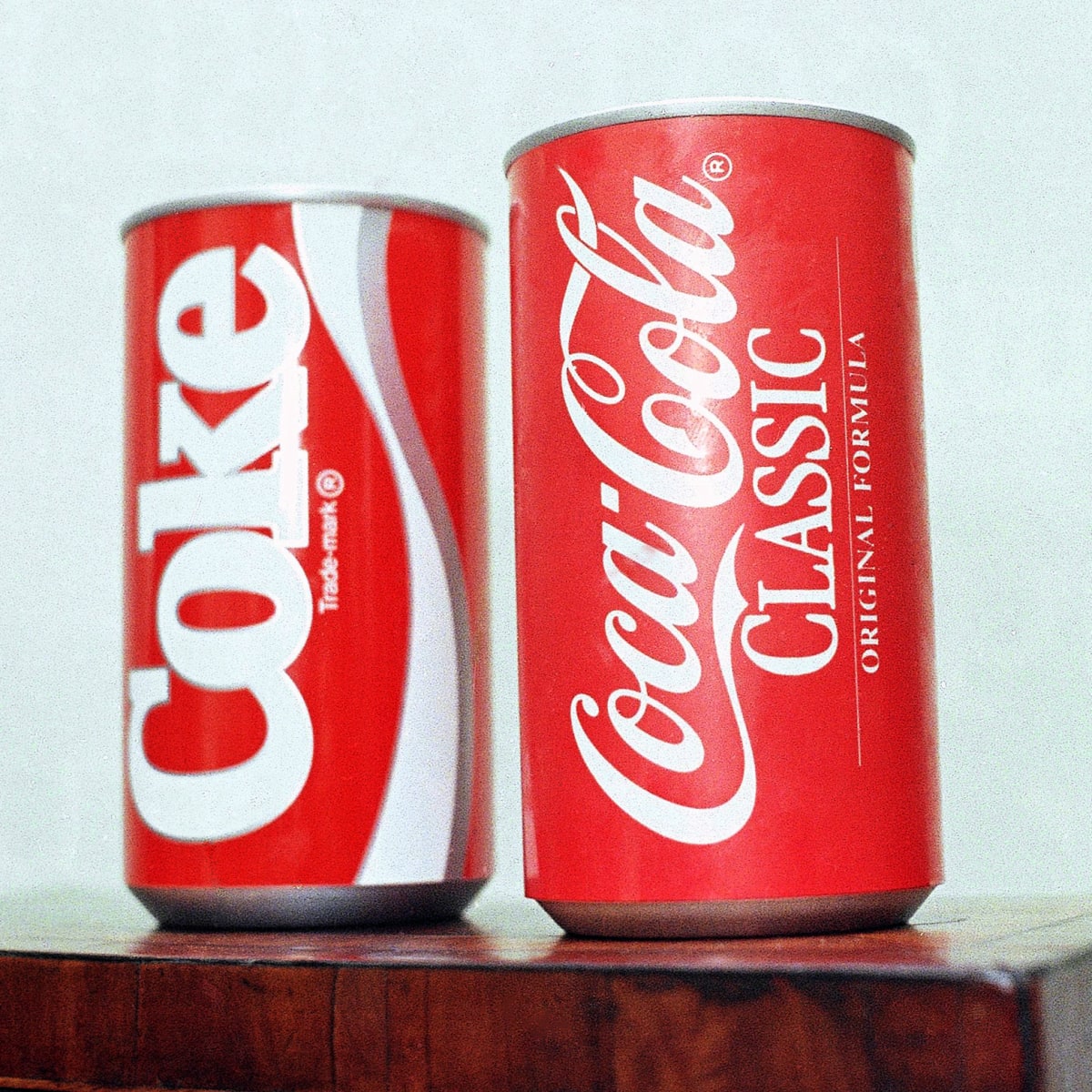Often the Westminster Confession of Faith or the Westminster Catechisms are particularly well-worded. This is something I’ve learned to appreciate as I grew up without any familiarity with these historic expressions of orthodox doctrine. For example, the Westminster Shorter Catechism Question 98 says,
Q: What is prayer?
A: Prayer is an offering up of our desires unto God, for things agreeable to his will, in the name of Christ, with confession of our sins, and thankful acknowledgment of his mercies.
This definition is really helpful, memorable, and applicable.
Prayer is an offering up of our desires unto God…
Psalm 10:17 (ESV) O Lord, you hear the desire of the afflicted; you will strengthen their heart; you will incline your ear (cf. Ps 62:8; Mt 7:7-8)
It’s okay to pray for what you want to happen. God created us as desiring beings and desire alone is not evil. In fact, as we grow in Christ we more and more want the right things. We want what God wants.
So prayer is an offering up of our desires. I hope you don’t pray for things that you don’t care about. Even intercession is about desire. I want the best for others, and I ask God for it. The Bible doesn’t forbid praying for what you want.
Prayer is actually an act of dependence. The proud and independent don’t pray much. So prayer is me recognizing that only God can do what I’m asking for. Only he can fulfill my desires.
for things agreeable to his will…
1 John 5:14 (ESV) And this is the confidence that we have toward him, that if we ask anything according to his will he hears us. (cf. Rom 8:27)
This is the caveat, isn’t it? The things we want should also be the things God wants. Of course, we don’t always know what God wants. Often His sovereign will is not apparent. What I like about this definition is it doesn’t demand that we know the mind of God. We just need to ask for things that are “agreeable to his will.”
One time on the way to church I saw a portable basketball goal being thrown out. We wanted one for years, but I wasn’t willing to spend the money. I am famously frugal. I prayed that if God wanted us to have it, it would still be available after the worship service.
Is praying for a basketball goal agreeable to His will? I think so. I don’t know that it is His will, but I know that it doesn’t violate His will. It’s agreeable to God’s will.
What things do we know with certainty to be God’s will? Salvation and sanctification for sure. We can pray for those with no doubt. Many other things need to be prayed for with some humility. I don’t always know what God wants.
in the name of Christ…
John 16:23–24 (ESV) In that day you will ask nothing of me. Truly, truly, I say to you, whatever you ask of the Father in my name, he will give it to you. Until now you have asked nothing in my name. Ask, and you will receive, that your joy may be full. (cf. Heb 4:14-16)
Why can I pray? Only because Christ has paid the penalty of my sin. My sin separated me from God. The only prayer of the unbeliever that God is obligated to hear is the prayer of repentance. But I can pray because of Jesus and Jesus alone.
Now I don’t believe that praying in the name of Christ means that we add “in Jesus’ name” to all of our prayers. I often do, but it’s not a magic formula that assures you that God hears your prayers. What it means is that we pray with the conscious awareness that we can only come to God through Jesus Christ. This awareness will show up in our prayers. At times we will pray things like, “God, the only reason I can make this request is because Jesus paid for my sins on the cross.”
What this definition of prayer explains is that we can only come to God because of Christ. Don’t ever get cavalier about coming to God. You should have no confidence if you are praying on your own merits. It’s only the merits of Christ that count.
with confession of our sins…
1 John 1:9 (ESV) If we confess our sins, he is faithful and just to forgive us our sins and to cleanse us from all unrighteousness. (cf. Dan 9:4; Ps 32:5-6; Ps 66:18)
It saddens me that some Christians believe that salvation means they never need to admit they’re a sinner again. That’s just wrong. Sin still indwells you and affects the quality of your prayers. The Apostle Peter claimed that a husband’s prayers could be hindered by his disobedience (1 Peter 3:7).
You and I probably cannot admit that we’re sinners too often. Confessing sin benefits us in several ways.
- Growth in humility
- Ability to be gracious to others that sin against us.
- A cleansing of our conscience in our relationship with God.
- A regular return to the truths of the Gospel—even that sin is paid for. An appreciation for the Gospel.
and thankful acknowledgment of his mercies.
Philippians 4:6 (ESV) do not be anxious about anything, but in everything by prayer and supplication with thanksgiving let your requests be made known to God. (cf. Ps 103:1-5)
It is good to thank God for His mercies. You have received grace from him today. We’re so blind to God’s overflowing grace and mercy. Gratitude gets us better at seeing moments of His mercy. What can you thank God for already this day?
May you and I pray better and more often.

